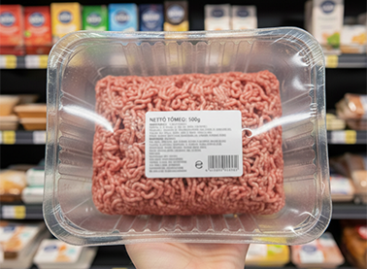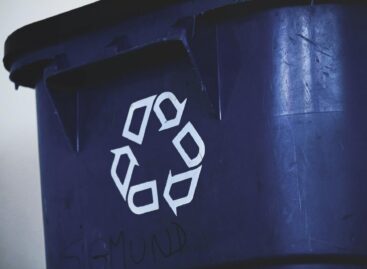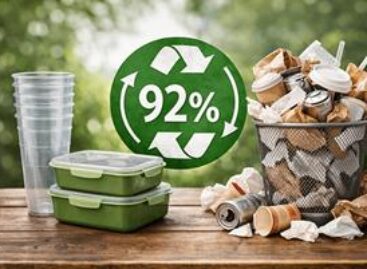The recycling rate of single-use plastics in Hungary remains low
Plastics entering the environment are becoming problematic precisely because of their beneficial usage properties: due to their extremely long-term degradation time and mechanical fragmentation, they are now practically everywhere. It is particularly important to minimize the circulation and use of single-use plastic products and recycle them – this rate is still low in Hungary. A compilation by Körkörös.hu based on a scientific article shows where we stand now.
Single-use plastic products (SUP) include those fast-moving consumer products that are thrown away immediately after their intended use, but their recycling is not possible. According to EU surveys, 80–85% of the waste left on beaches is plastic, half of which is made up of single-use products – read Gergely Hankó and Zoltán Toronyi (experts from the Association of Environmental Protection Service Providers and Manufacturers) in their article published in the study volume entitled Zöld Gazdaság.
The authors describe the EU Directive 2019/904 on the reduction of the impact of certain plastic products on the environment, which came into effect on 3 July 2021, and state that from that date onwards, the placing on the market of any oxidatively degradable (breakable into pieces) plastic products, single-use plastic cutlery, plates, cotton buds, drink stirrers, balloon sticks, and food containers and drinking glasses made of expanded polystyrene (foamed plastic) is prohibited. Also from this day, it must be indicated that the single-use product contains plastic, and a diagram must be used to draw attention to the methods of handling to be avoided, as specified in Regulation (EU) 2020/2151
According to another, also well-known measure, single-use plastic beverage bottles and composite beverage packaging can only be placed on the market from 3 July 2024 if their plastic cap is attached to the beverage container. By 31 December 2024, manufacturers and distributors of the products must establish EPR systems in which they provide a solution for the collection and treatment of waste from single-use plastic food containers, beverage cups, flexible (flexible-walled) food packaging, bags, beverage bottles, wet wipes, balloons, tobacco filters, and bear their operating costs (this started in Hungary on 1 July 2023).
Related news
2026: stricter EU rules and digital waste tracking
🎧 Hallgasd a cikket: Lejátszás Szünet Folytatás Leállítás Nyelv: Auto…
Read more >Deposit-return systems can cut waste to a minimum
🎧 Hallgasd a cikket: Lejátszás Szünet Folytatás Leállítás Nyelv: Auto…
Read more >







